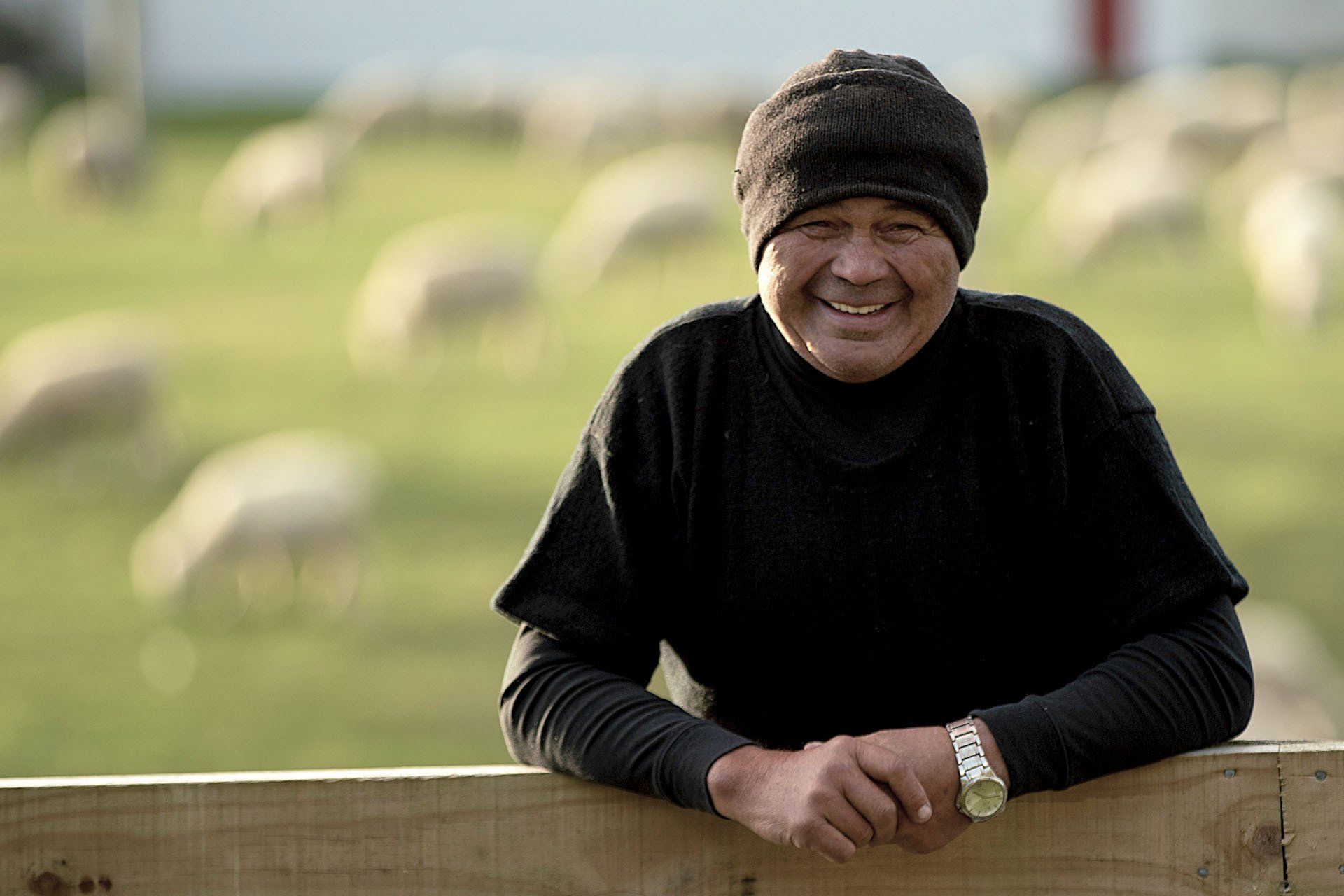May 21, 2020
Keeping the Waka Level
Jim Edmonds has dedicated much of his working life to helping improve the well-being of his people and our ancestral lands.
For Turuhia (Jim) Edmonds, the hills and valleys of the Ruapehu area have always been home.
When he was growing up, Jim paddled its rivers, explored its ancestral routes on horseback and hunted for meat in its ngahere.
And as an adult, he dedicated three decades of his life to help Awhi build a sound foundation for transformation and growth.
"The dream was to be able to do something for our people," he says.
"Extract the best value from the land for the benefit of our people but improve the asset and leave it in a better condition that when we found it."
As a middle child in a family of 15, Jim remembers his mother telling him his role was to keep the waka level – to stop it tipping over. "I’m still trying to keep the waka level," he says.
"Mum used to say I was the food go-getterer. If you were hungry, you were lazy – that’s what Nan and them used to say. We lived off the land; we pretty well had to.
"I spent my teenage years in the ngahere. Everyone knew when I was going out to get kai because I’d have to go past aunty’s house, auntie’s house and auntie’s house. I had to have meat for all of them when I got home. It was all shared out; that’s what we did."
Jim left school at 16 to farm, going on to become a musterer, shearer and fencer on most of the stations that would later be resumed by Awhi. He later managed the Lilburn, Sue Joe & Sons and Irwin farms.
It wasn’t long before he joined both the Morikaunui Incorporation and Awhi boards – a commitment to the land and its people that was to become a central part of his life.
Jim took on a range of leadership roles, including joining the team that initiated the massive buy-back of Awhi land after the formation of Awhi. It was a complex task made a little easier because Jim had worked on most of the stations and knew the lessees.
He also supervised the day-to-day running of four of our stations: Ohorea, Tohunga, Ngā Puke and Ōhotu.
Jim is now semi-retired, but his farming expertise and deep cultural understanding has not been lost. He is now a valued kaumātua advisor.
He welcomes Awhi’s focus on efficiency, productivity, quality and building workforce skills, but says the most important goal is to continually improve the health and well-being of the land.
"We’re never going to sell this land. All we want is to leave the best we can for the next generation and the generation after that," says Jim.
"We know we’re better than we were 10 or 20 years ago, and that’s what we set out to do."
